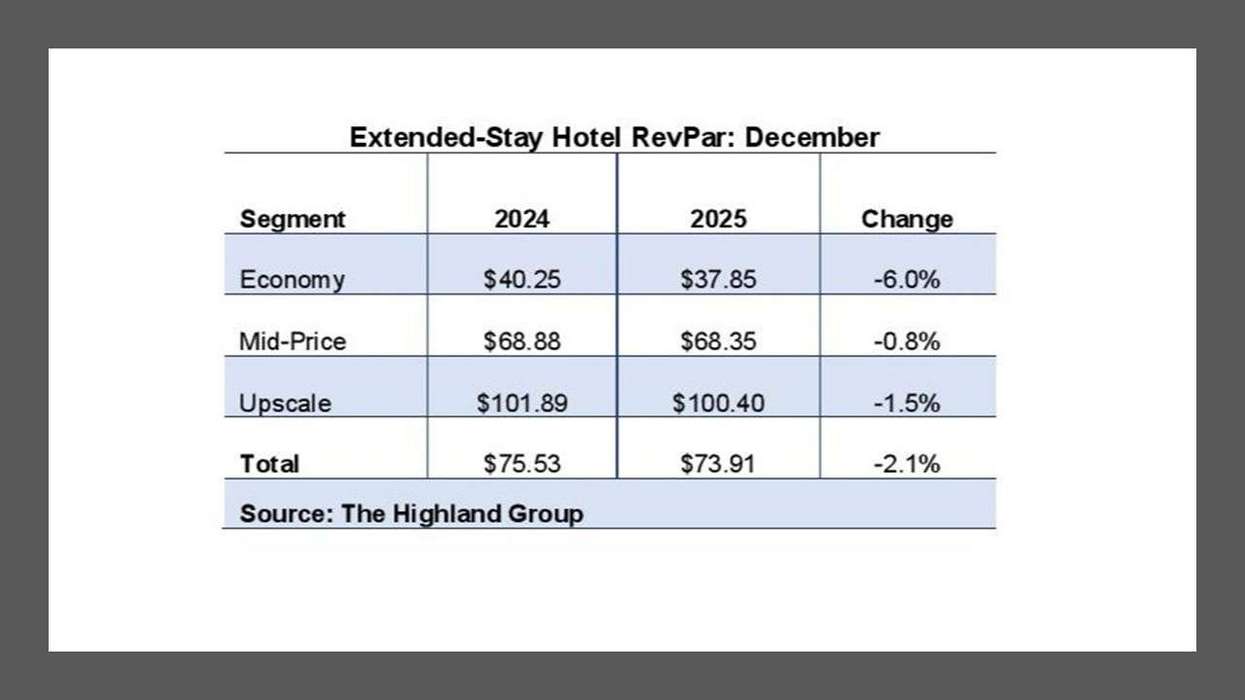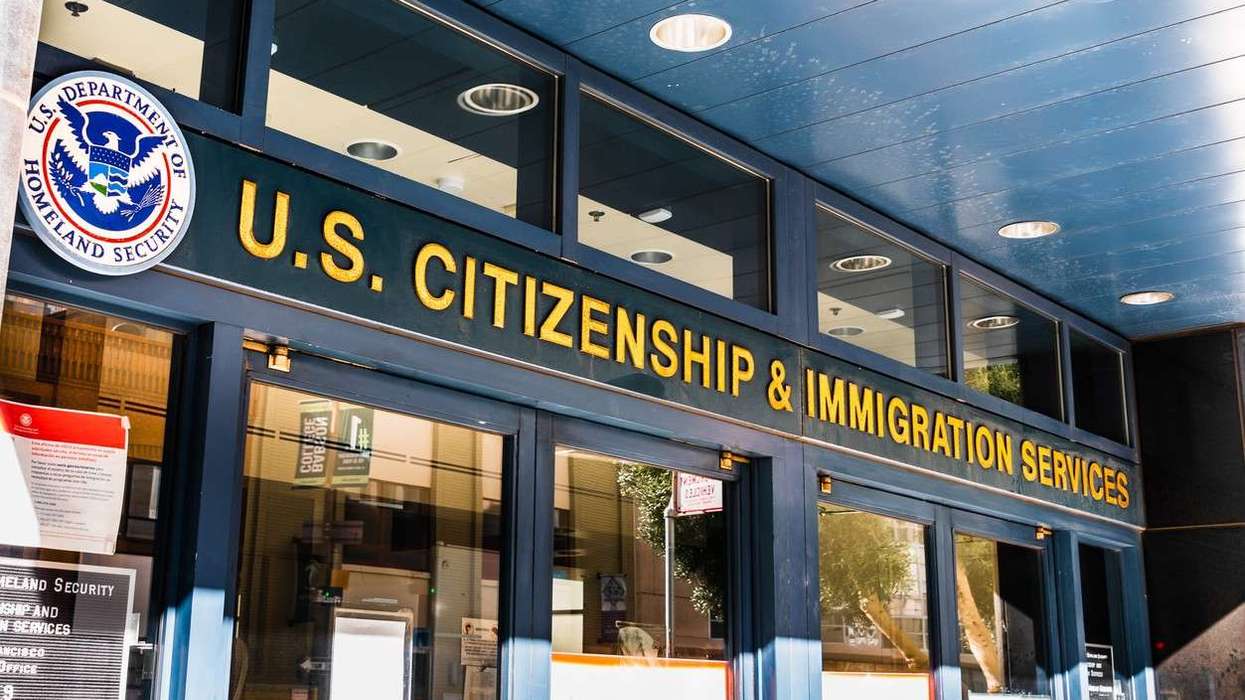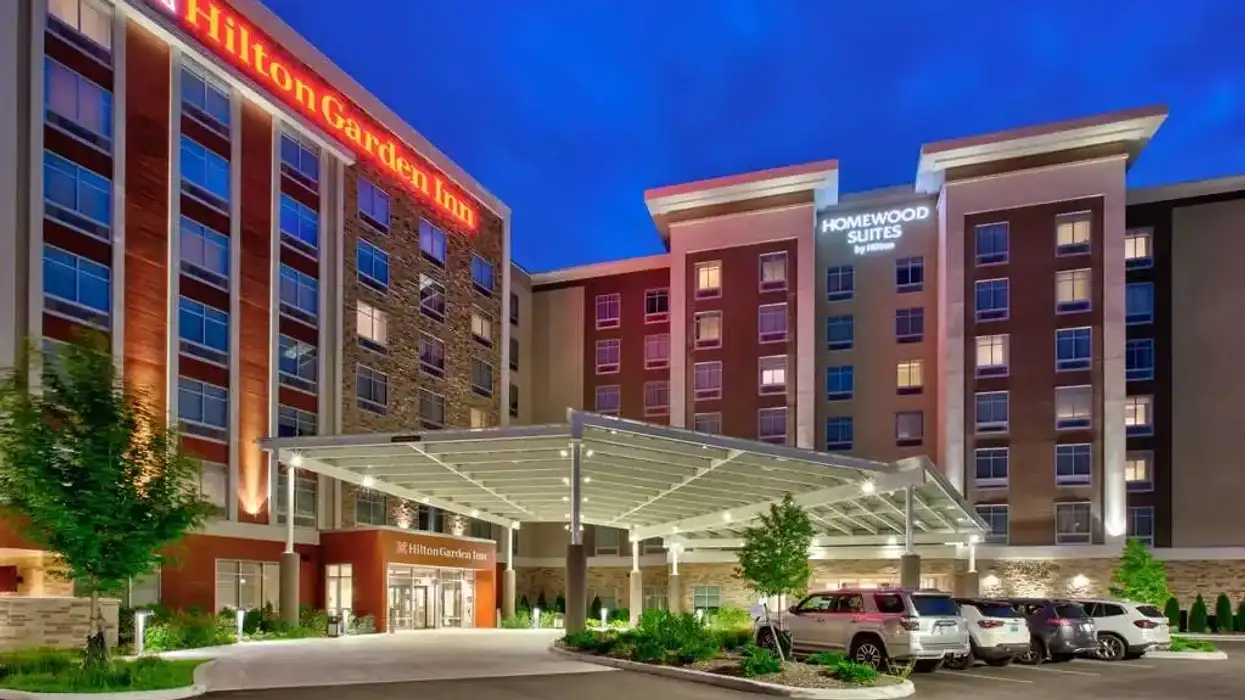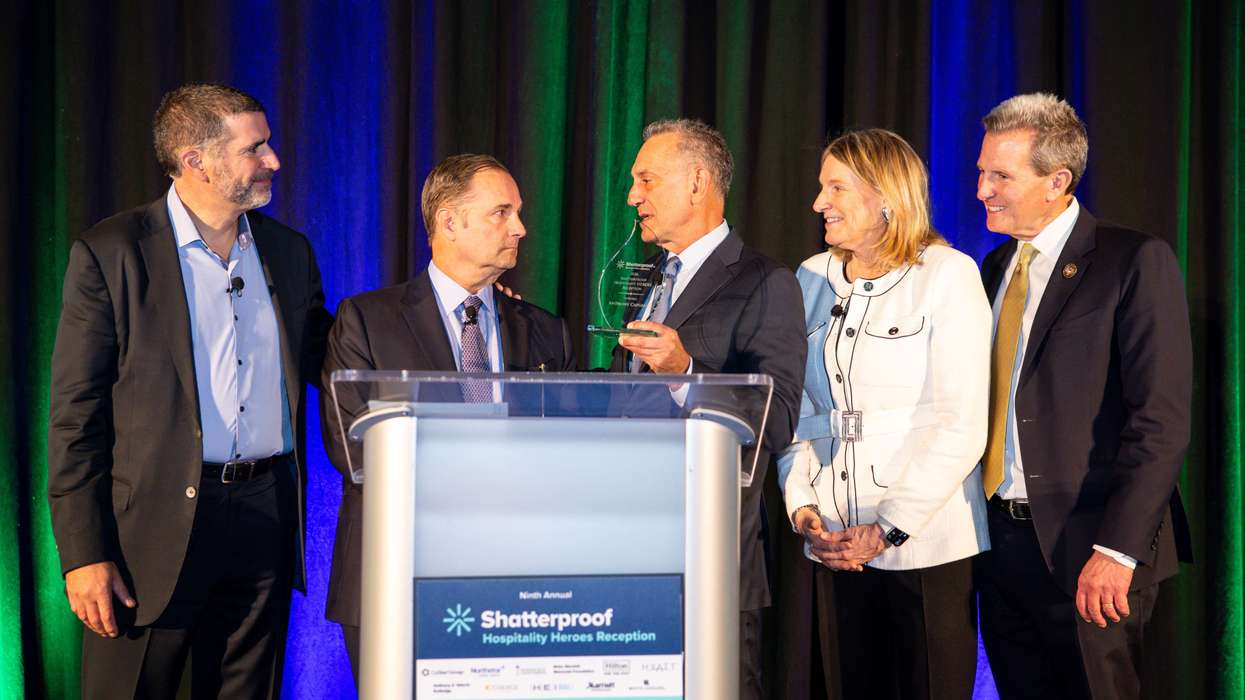OYO HOTELS HAS seen an increase in long-term stays at its U.S. locations. That fits with other indications that extended stay and economy brands are more resistant to the COVID-19 related economic downturn.
OYO has seen a 21 percent increase in long-term stays, defined as a stay of more than seven days, at its U.S. properties since the onset of the pandemic. It attributes the increase to a large degree to its focus on providing housing to medical and other emergency workers who are responding to outbreaks of the disease. In March it announced that all of its U.S. hotels will offer free stays to medical workers who are traveling to fight the virus.
It also has seen increased demand for stays over 30 days in length for displaced workers and medical staff. The company has implemented new protocols while adhering to the current ones on social distancing for guests staying at hotels.
“We are working diligently to offer comfortable and hygienic accommodation to all those in need and our asset partners have a huge role to play in helping us achieve this,” said Abhinav Sinha, OYO U.S. global COO and operating partner. “While the coronavirus crisis has deeply impacted our industry, it has also created the need for long term stays for the frontline workers. We are hopeful of driving demand for our partners across regions in the long-term stays segment at a time when this can help maintain social distancing and break the cycle/chain of infections.”
STR, in its April 9 webinar based on its results for the week ending April 4, Jan Frietag, the research firm’s senior vice president of lodging insights slighter RevPAR declines and higher occupancy for economy brands over other segments.
“At economy class we’re still selling one in three rooms. For midscale class we’re still selling one in four rooms, so there is still demand,” Frietag said in the webinar.
Freitag also attributed the existing demand to first responders and those who are trying to self-quarantine without exposing their families.
On Wednesday, Jefferies analyst David Katz upgraded hotel chain Extended Stay America from hold to buy based on his calculation that lower-priced hotel brands will suffer less from the pandemic-generated downturn because they typically are located in suburbs and outlaying areas where social distancing is easier, according to Barron’s.
“[T]he lower-end chain [price] scales should benefit first from any recovery as they are more indexed to leisure travel versus business,” Barron’s quotes Katz.
OYO also announced earlier in April it would layoff and furlough “a certain number of employees” in the U.S.





